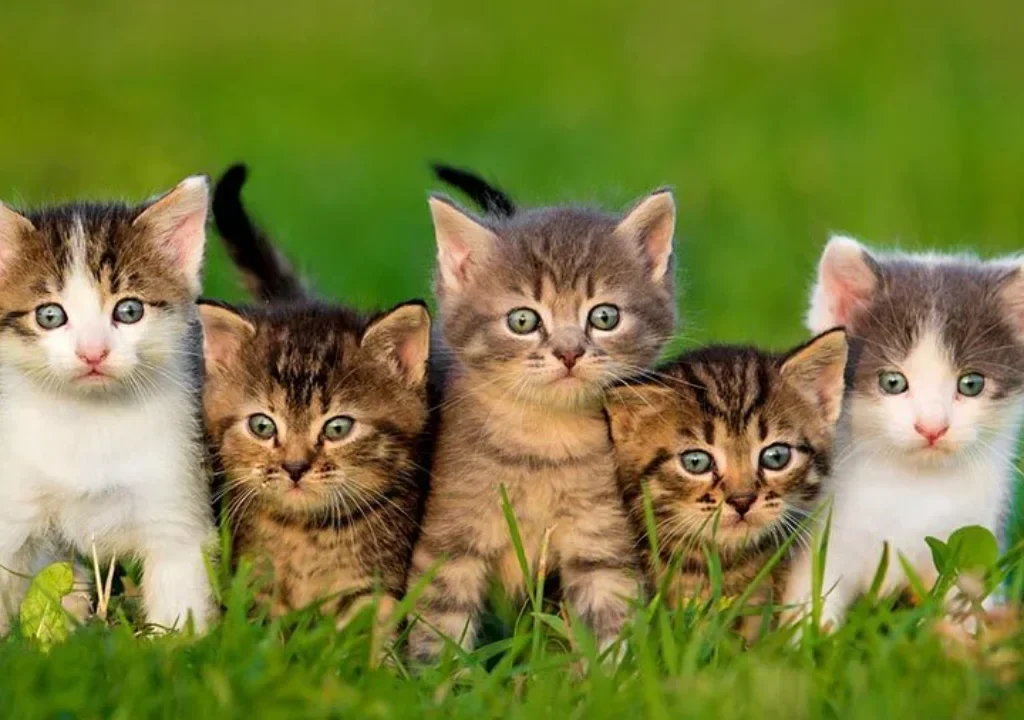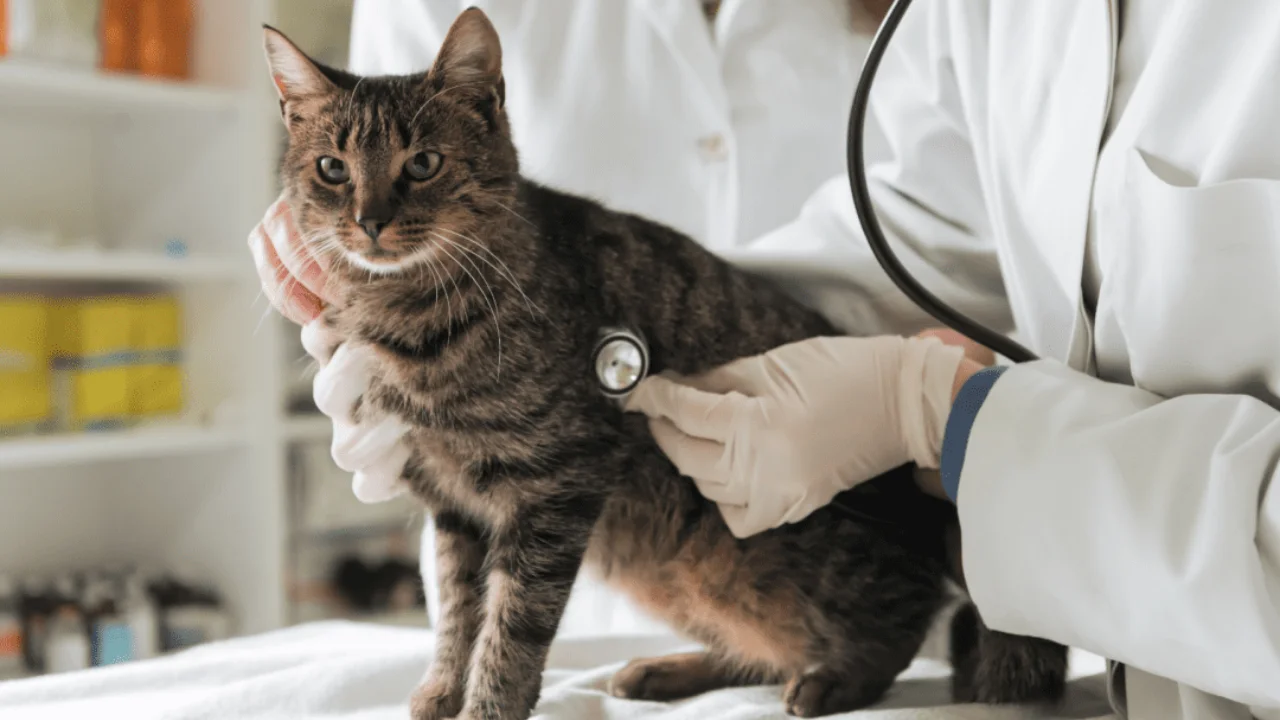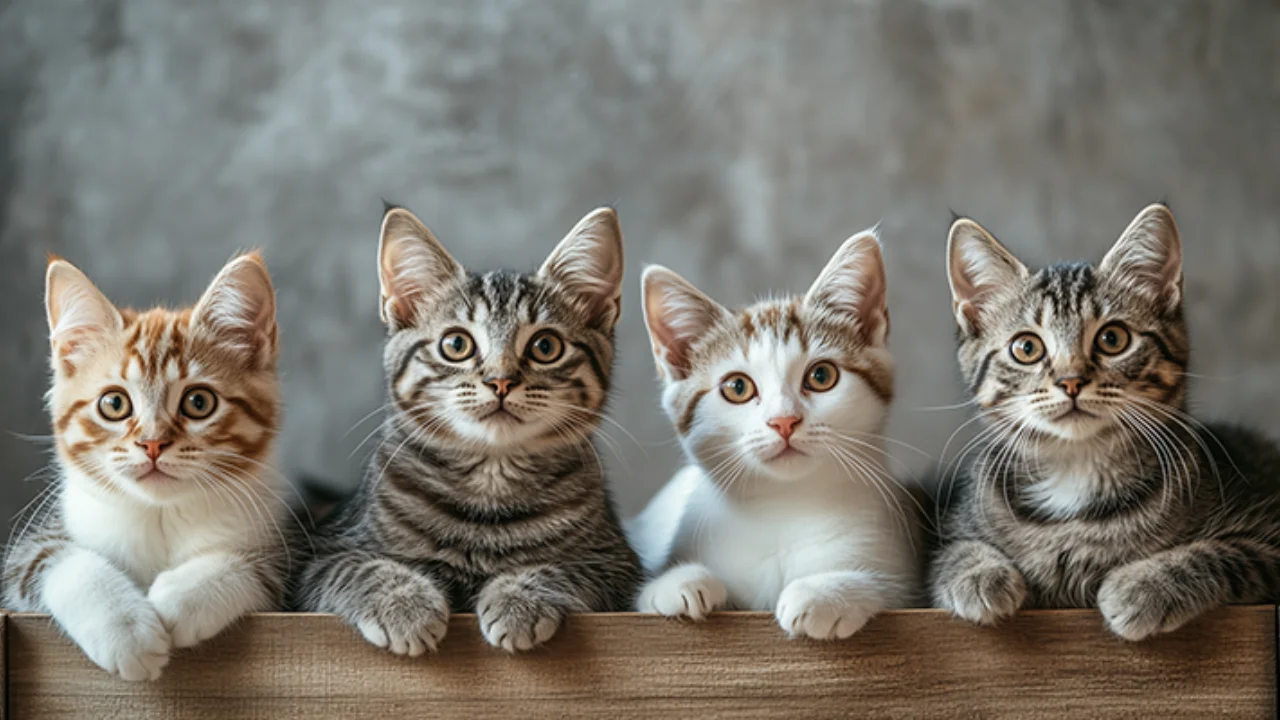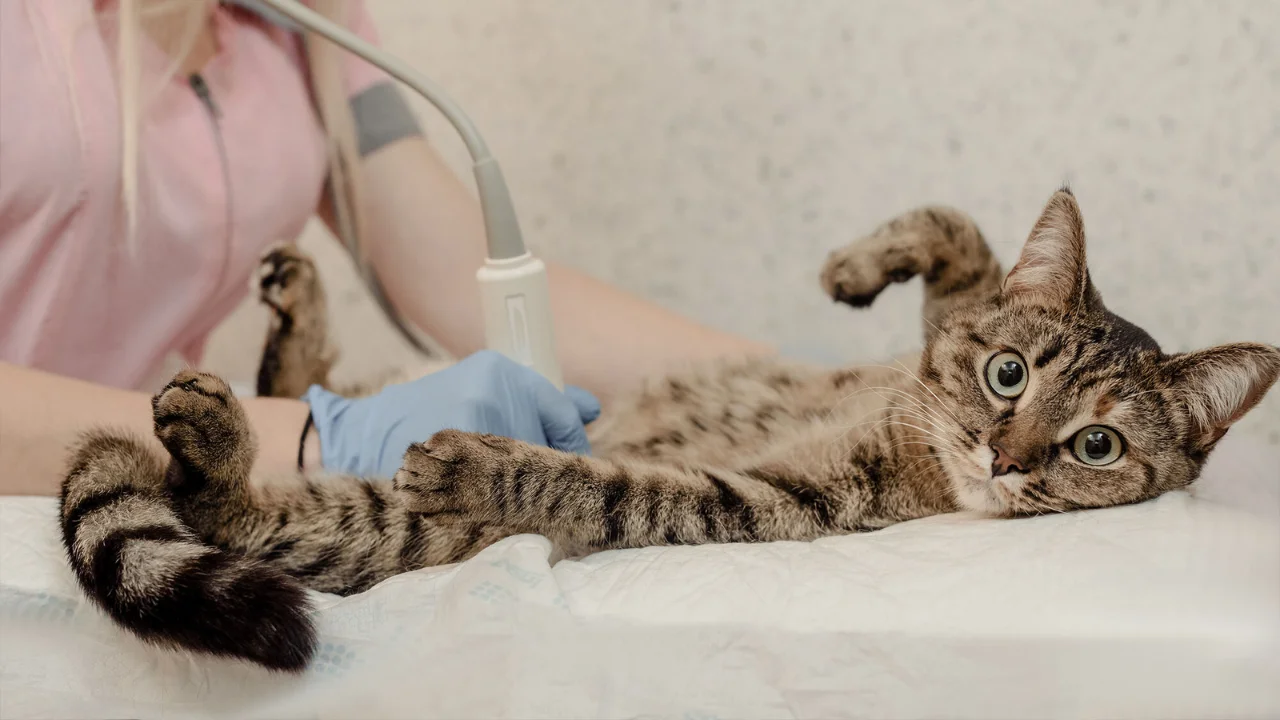
From sleek Siamese to fluffy Maine Coons, different domestic cat breeds offer a rich variety of personalities, appearances, and needs. Whether you’re a first-time cat owner or an experienced feline enthusiast, choosing the right breed can make all the difference.
1. What Are Domestic Cat Breeds?
Domestic cat breeds are selectively bred types of the Felis catus species. Each breed has unique traits like body size, coat type, personality, and health tendencies.
While some breeds are officially recognized by cat registries like CFA and TICA, many household cats are considered Domestic Shorthair (DSH) or Domestic Longhair (DLH) mixes without specific breed classification.
2. Why Breed Matters When Choosing a Cat
Choosing among different domestic cat breeds allows you to:
- Match a cat’s energy level to your lifestyle
- Anticipate grooming and healthcare needs
- Find compatible personalities (calm vs. active)
- Understand breed-specific health concerns
3. 15 Most Popular Domestic Cat Breeds
These breeds are widely loved in homes across the U.S.:
- Maine Coon – Gentle giant, long-haired, family-friendly
- Persian – Luxurious coat, calm demeanor
- Siamese – Vocal, affectionate, intelligent
- Ragdoll – Floppy and relaxed when held, great with kids
- Bengal – Wild appearance, very energetic
- British Shorthair – Round face, plush coat, dignified
- Sphynx – Hairless, warm, and social
- Scottish Fold – Unique folded ears, calm personality
- Abyssinian – Sleek, active, people-oriented
- American Shorthair – Low-maintenance, great for families
- Oriental Shorthair – Sleek, curious, hypoallergenic tendencies
- Russian Blue – Reserved, intelligent, striking green eyes
- Birman – Blue eyes, silky coat, friendly nature
- Norwegian Forest Cat – Adaptable, rugged, long coat
- Savannah Cat – Exotic hybrid, very active (requires experienced owner)
4. Rare and Unique Domestic Cat Breeds
Want something more exotic? Consider:
- LaPerm – Curly fur and affectionate
- Korat – Good luck cat from Thailand
- Turkish Van – Loves swimming
- Toyger – Tiger-like stripes in a domestic cat
- Lykoi (Werewolf Cat) – Sparse hair, haunting appearance
5. Long-Haired vs. Short-Haired Breeds
Long-Haired Cats (e.g., Persian, Maine Coon):
- Require daily grooming
- Tend to shed more
Short-Haired Cats (e.g., Siamese, Bengal):
- Easier grooming
- Still need weekly brushing
Choose based on your time and allergy sensitivity.
6. Hypoallergenic Cat Breeds
No cat is 100% hypoallergenic, but some produce fewer allergens:
- Sphynx
- Oriental Shorthair
- Russian Blue
- Balinese
- Bengal
These are great options for allergy-prone cat lovers.
7. Choosing the Right Cat for Your Lifestyle
Ask yourself:
- Do I want a lap cat or an independent pet?
- Am I okay with daily grooming?
- How much space and stimulation can I offer?
- Do I have children or other pets?
Examples:
- Active homes: Bengal, Abyssinian, Oriental
- Calm households: Ragdoll, British Shorthair
- Allergy concerns: Russian Blue, Sphynx
8. FAQs
9. Conclusion & Resources
Understanding the different domestic cat breeds allows you to make a well-informed decision when adding a feline companion to your life. Each breed brings something unique, so take your time exploring options that match your lifestyle.
Tip: Always consult a vet or breed expert before choosing a cat based on appearance alone. Behavior and compatibility are just as important.


